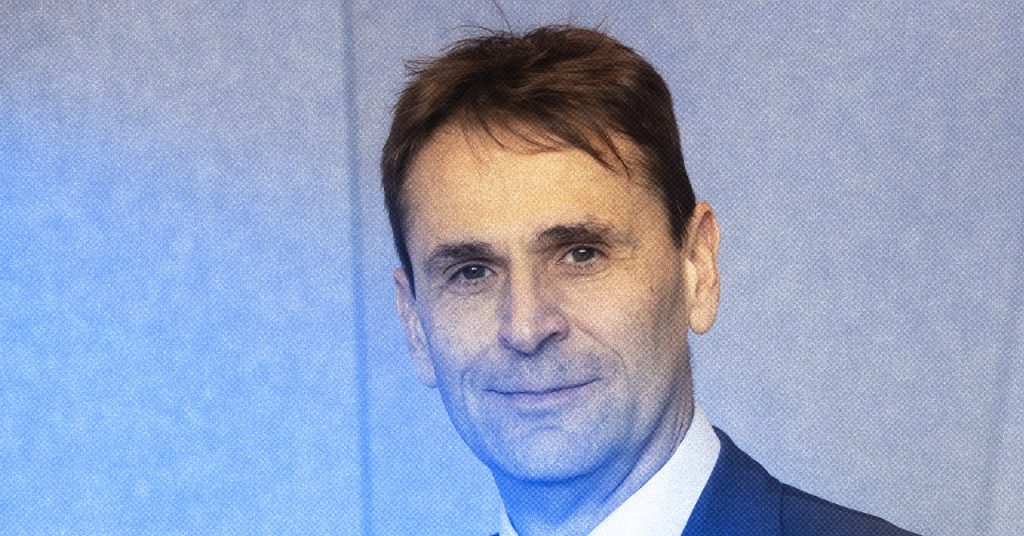Navigating the Geopolitical Landscape: ASML’s New CEO Takes the Helm
As Christophe Fouquet prepares to assume the role of CEO at ASML, Europe’s most valuable tech company, on April 24, he faces the challenge of not only leading a single firm but also steering an entire industry that produces a crucial component of modern life: microchips.
Maintaining Technological Superiority
Fouquet, a seasoned veteran with 16 years of experience at ASML, will be tasked with preserving the company’s technological edge. ASML’s most advanced machines, which utilize extreme ultraviolet (EUV) lithography to create intricate patterns on microchips, have no rivals in the market. Ryan Russell, corporate vice president for Foundry Lithography Technology Development at Intel, expresses confidence in Fouquet’s ability to deliver cutting-edge lithography solutions.
Navigating Geopolitical Tensions
In addition to maintaining ASML’s technological prowess, Fouquet will need to guide the company through the escalating geopolitical power struggle surrounding the chip industry. As Chris Miller, author of Chip War: The Fight for the World’s Most Critical Technology, points out, “The company must manage its position at the center of technology tensions between China and the West.”
These tensions came to light in 2018 when the US began pressuring the Dutch government to prevent ASML’s technology from being exported to China, a significant market for the company’s machines. By 2019, ASML was prohibited from selling its most advanced EUV lithography systems to Chinese clients. Instead of reversing this policy, US President Joe Biden has expanded it, imposing restrictions on ASML’s less advanced equipment as well.
Advocating for International Cooperation
In June, Fouquet expressed his support for international cooperation within the chip industry, stating in an interview with Nikkei Asia:
“We do not believe in ASML that decoupling is possible. We believe this will be extremely difficult and extremely expensive.”
However, some analysts argue that individual European countries may struggle to resist pressure from the US. Rob de Wijk, founder of the Hague Centre for Strategic Studies, suggests that export licenses for strategic sectors should be handled by the European Union to protect companies like ASML from being caught in the middle of superpower conflicts.
Addressing Potential Competitors
While ASML’s shipments to China reached a record 49 percent of total sales in the company’s latest results, insiders are concerned that US actions could motivate China to invest in potential ASML competitors. Marc Hijink, author of Focus: The ASML Way, highlights this fear:
“They’re very much afraid that in the end, when China won’t have access to ASML machines, they will be even more motivated to build their own lithography system that might compete with ASML’s.”
Although developing a competitor to ASML may take time, Hijink notes that it is not impossible, as “what can be done in Brabant can also be done in Beijing.”
Considering Strategic Locations
As technology tensions escalate, Fouquet will need to evaluate whether the Netherlands remains the most strategic location for ASML. Under the previous CEO, Peter Wennink, the company threatened to leave the country due to anti-immigration rhetoric following the far-right Party for Freedom (PVV) winning the November election.
The Path Forward
As Christophe Fouquet takes the reins at ASML, he faces the challenge of navigating the company through a complex geopolitical landscape while maintaining its technological edge and market position. By advocating for international cooperation, addressing potential competitors, and considering strategic locations, Fouquet can help ensure ASML’s continued success in the face of global challenges.

2 Comments
Navigating the semiconductor jungle just got even more intense for ASML’s new captain!
Stepping into those shoes? Best of luck, the semiconductor world waits for no one.